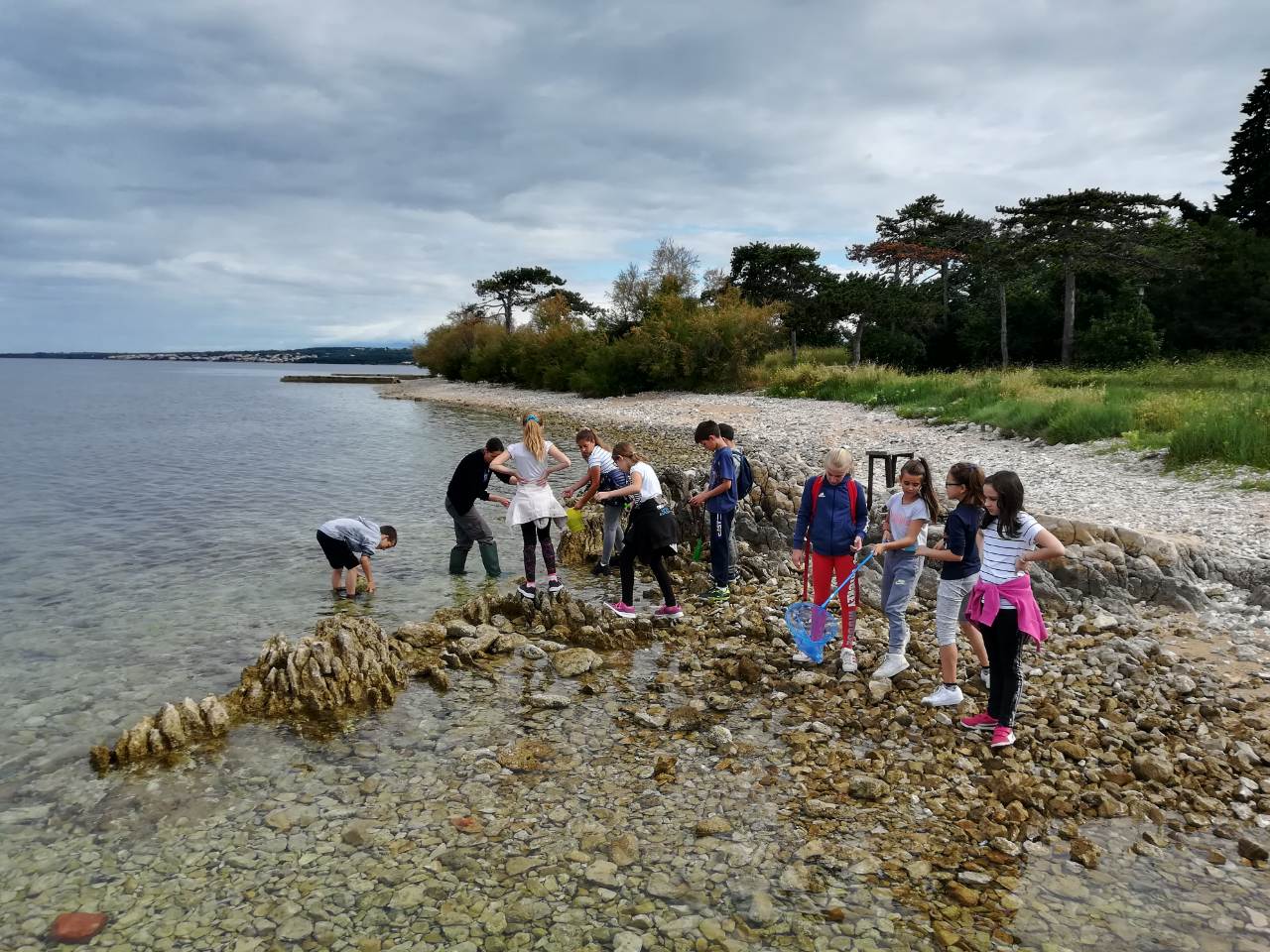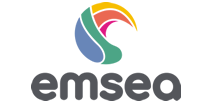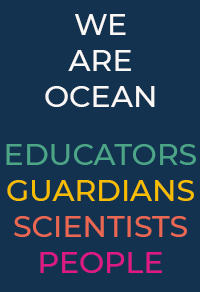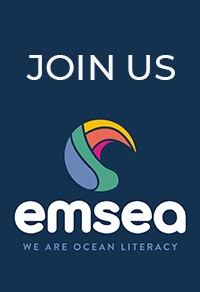Melita Mokos: from salty watermelon fan to ocean literacy adept
This article is part of the blog series ‘Meet the members’ in which you’ll get to know the EMSEA members, what drives them and what inspires them. They’ll share their experience, their good practices, their challenges. They’ll talk about what ocean literacy means to them and how they hope to reach it. Today we meet Melita Mokos, Assistant Professor at the University of Zadar, Croatia.
When looking back at her childhood, Melita Mokos especially remembers the many family trips at sea. ‘I have a vivid memory of being 5 years old and eating watermelon in the sea. The sweetness of the melon with the saltiness of the water… I’ll always remember that taste.’ Her mother however, remembered a different image completely: her little girls bottom sticking out of the sea surface, while she was marvelling the underwater wonders with her snorkel.

EMSEA love
From what you can hear in Melita’s voice, she never really lost that marvel. On the contrary, her passion and spark only kept growing. Especially when in 2015 she met the EMSEA community at the Crete conference. ‘There and then, I fell in love with the ocean literacy community. There were all these like-minded people and the atmosphere was so relaxed,’ Melita remembers. Some of the talks she had in Crete ended in lasting and meaningful friendships, she tells smiling. It’s obvious this means more to her than ‘just business’. ‘O definitely,’ Melita says. ‘And not just because of the friendships. Crete also was the beginning of the EMSEA Mediterranean group that I coordinated for a couple of years. That really was my “baby”.’
In 2015, EMSEA Med started collaborating with the idea of adjusting the ocean literacy principles and concepts to the specific features of the Mediterranean Sea. Therefore, they developed the Mediterranean Sea Literacy (MSL) in order to make ocean literacy more available to local people. That was not the only challenge. ‘The Mediterranean region has so many different languages: Spanish, Catalan, French, Turkish, Arabic, Hebrew, Maltese, Italian, Slovenian, … This diversity makes it a bigger challenge to reach people. You can’t expect a Greek primary school teacher to understand English fluently and adopt available concepts and materials from another language into their classroom.’ Therefore, efforts have been made – and are still being made – to translate the MSL principles to the different languages.

And there the EMSEA story doesn’t end. In September Melita was EMSEA’s 2024 conference host, a task she took on passionately. ‘Hosting an EMSEA conference was something I dreamt of for a long time. There’s something quite thrilling with welcoming all these people I got to know over the years into my hometown,’ she smiles. ‘You know, so far in my career, coordinating EMSEA Med was my absolute favourite thing to do. Of course, getting my PhD and becoming Assistant Professor were big moments too,’ she adds with a smile.
University of Zadar
As Assistant Professor, Melita works at the Department of Ecology, Agronomy and Aquaculture. ‘Here we focus on two parts: the green and the blue. The green part is all about the agriculture of typical Mediterranean species, but also how that is affected by climate change. The blue part concerns aquaculture, fisheries and marine conservation. Ocean literacy is a big part of that,’ Melita explains. As Assistant Professor, Melita is involved in teaching and research. ‘I teach undergraduates that study Underwater Science and Technology and graduates that study Sustainable Management of Aquatic Resources. Through their studies, they gain knowledge on marine science; but through the ocean literacy course I provide, they need to apply that knowledge and communicate it with laymen.’ Melita also teaches students from the Department of Preschool and Primary School Education. ‘It’s a collaboration between different departments within the University of Zadar to broaden the ocean literacy scope. We’ve organised it for two years now and feedback so far has been really positive,’ Melita testifies.

Teaching children: a two-way education
‘But what I really love doing, is outreach towards kindergarten and primary schools’, she says – with sparkling eyes. ‘It’s not the primary thing I should be doing and I don’t have a lot of time for it either, but it's definitely the most fun part. Going to schools and kindergartens, and especially working with the younger children, really gives me a thrill. They are so honest and open to ideas. They can get very creative in finding solutions to problems.’
Melita talks about an activity on plastic litter, where the children had to make a drawing to come up with solutions. Some thought of big machines to clean up, other took on more preventive approaches. One girl made a very simple poster with actions to do and not to do. ‘She used red crosses and green checks as a guidance with the different actions. It was so simple, yet so brilliant in communication style. These little icons: they’re universal. Everyone gets them. It made me realise how we often overcomplicate things when we communicate about marine issues, and how the real art is to keep things simple. We should be doing that for adults too. Educating kids can help us understand how to approach the wider society.’

The value of interdisciplinarity
However, getting knowledge across is not the only task the OL community is up against. ‘Emotional engagement, for example, is just as crucial for nature and ocean conservation,’ Melita emphasises. ‘There are many people out there who have no affection for the sea whatsoever. We need to think about how to engage these people too.’ Melita therefore pleads for interdisciplinarity in OL. ‘Collaboration is great for many reasons. You work on your communication skills and people bring in different competencies such as writing or statistics, but if you collaborate with people from different backgrounds, you also gain different insights. To make society ocean literate, we desperately need the natural sciences, such as ocean chemistry or marine biology, to work together with the social sciences. We need to learn how to change policy, how to impact people’s behaviour and mindset, how to change society as a whole.’
It's the reason why Melita’s research focus nowadays is ocean literacy. ‘I’m still very much into subjects like marine litter, seagrass and blue carbon, but at the moment ocean literacy is my real passion.’ With many papers already published and many more to come, Melita is changing the OL scene with love and dedication.
Top tips for Ocean Literacy organisations by Melita Mokos
- ‘Focus on how to deliver the change. Don’t just point out there is a problem, but also explain what people can do about it. We need to talk more about solutions.’
- ‘Apart from education and knowledge, we need to engage people emotionally. Cooperation between natural and social sciences is essential.’
Text by Anke de Sagher for EMSEA
Photos by Melita Mokos

More on University of Zadar & Melita Mokos
Website · Facebook · Instagram · YouTube · LinkedIn University of Zadar · LinkedIn Melita Mokos
Want to join the community? Find out how to become an EMSEA member!


